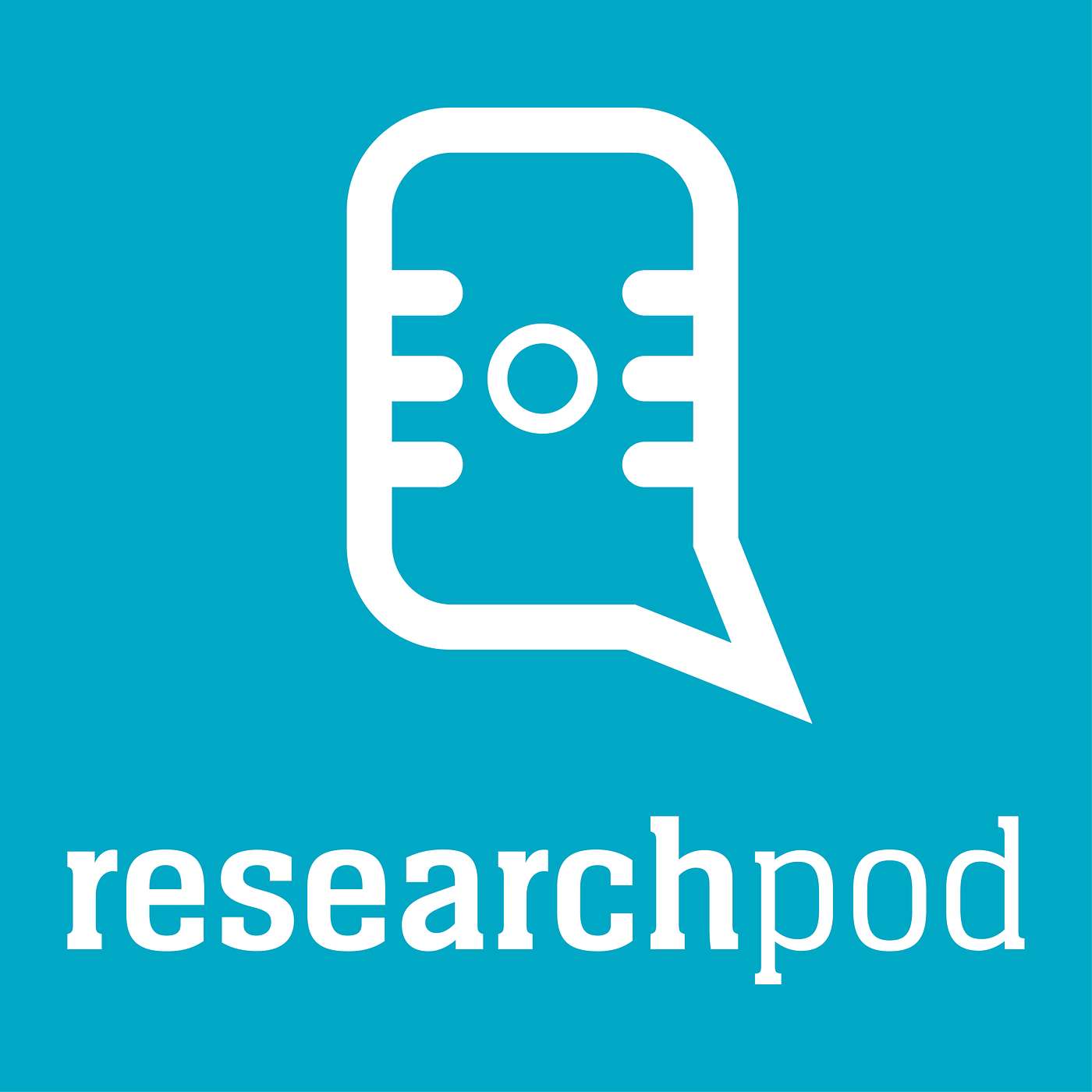ResearchPod
Digital Futures & Ancient History: Bridging Worlds Through Games | The Enterprise Sessions with Dr. Richard Cole
Feb 18, 2026
ResearchPod
In this episode of Enterprise Sessions from the University of Bristol, Professor Michele Barbour sits down with Dr. Richard Cole, Lecturer in Digital Futures within the Department of Classics and Ancient History, for a fascinating deep dive into the unexpected synergy between ancient narratives and cutting-edge technology.
Discover how Richard’s journey from historical fiction to virtual reality and AI-powered gaming led to the creation of the Bristol Digital Game Lab, a hub for interdisciplinary collaboration between academia and the gaming industry. From algorithmic bias to postnatal depression, learn how game jams and immersive storytelling are being used to tackle complex societal challenges.
🔍 In the episode:
- The intersection of classics and digital innovation
- How games can be tools for humanistic inquiry
- Collaborating with industry to build meaningful experiences
- The future of AI-driven gameplay and museum engagement
- Empowering students through game design and research
🌐 About the Enterprise Sessions
The Enterprise Sessions bring together a diverse mix of company founders and researchers who talk openly about their personal experiences of forming spin-outs and start-ups, raising capital, academic-industry partnerships and the joys of translating research discoveries into real-world impact. The series aims to inform, inspire and challenge myths and stereotypes about research commercialisation and how businesses and universities can work together to tackle society's biggest challenges.
👍 Like, Share, Subscribe, Explore
If you found this episode inspiring or informative, please don’t forget to like and share. Visit our website or subscribe to the University of Bristol’s YouTube channel for more Enterprise Sessions.
https://www.bristol.ac.uk/enterprise-sessions
 Redesigning Student Assessment in the Age of ChatGPT
11:56
Redesigning Student Assessment in the Age of ChatGPT
11:56
 Solving The Obesity Crisis by Correcting Weight Misperception and Information Nudges
10:54
Solving The Obesity Crisis by Correcting Weight Misperception and Information Nudges
10:54
 The Science of Racism with Keon West
25:31
The Science of Racism with Keon West
25:31
 The Living Network - Our Future
27:08
The Living Network - Our Future
27:08
 The Living Network - Control
16:18
The Living Network - Control
16:18
 The Living Network - Consciousness
16:12
The Living Network - Consciousness
16:12
 Social Norms and the Psychology of Litter Prevention
10:53
Social Norms and the Psychology of Litter Prevention
10:53
 Go Green Or Go Bust? The Profitability of Eco-Technology
10:29
Go Green Or Go Bust? The Profitability of Eco-Technology
10:29
 Building a Unified Platform for Biological Discovery with CRISPR
10:53
Building a Unified Platform for Biological Discovery with CRISPR
10:53
 How Reporting on Segments of Diversified Companies Impacts Equity-Based Pay
10:20
How Reporting on Segments of Diversified Companies Impacts Equity-Based Pay
10:20
 Populism on a plate
34:46
Populism on a plate
34:46
 Unravelling the Beauty of Mathematics with Marcus du Sautoy
17:23
Unravelling the Beauty of Mathematics with Marcus du Sautoy
17:23
 Complicating Leadership Development for Business Leaders
47:05
Complicating Leadership Development for Business Leaders
47:05
.jpeg) Merger Synergies and Analyst Forecasts
10:07
Merger Synergies and Analyst Forecasts
10:07
 Genderly: Language, Bias, and Representation in Film Criticism
10:27
Genderly: Language, Bias, and Representation in Film Criticism
10:27